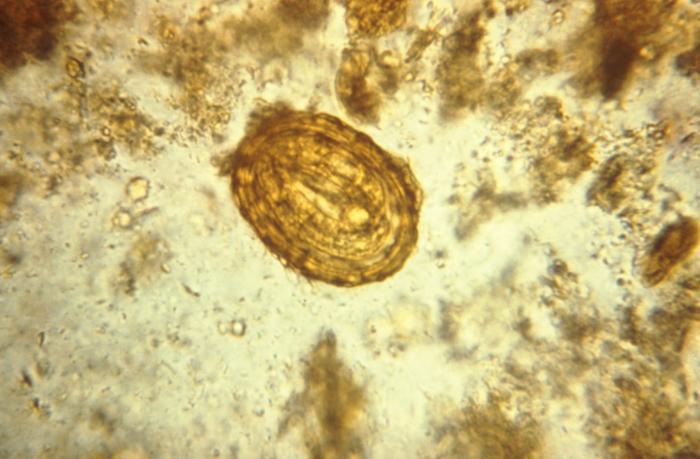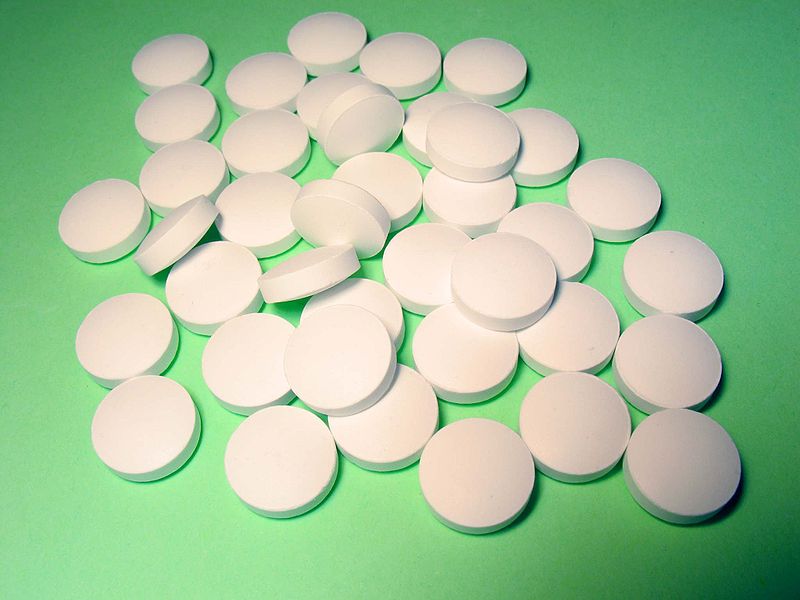Peripheral DOPA decarboxylase inhibitors
Most of the DOPA is decarboxylated peripherally, only 1-5% enters the brain. To counter peripheral decarboxylation, inhibitors are given.
They inhibit peripheral decarboxylation, thus more enters brain.
When given with levo dopa, more of it enters brain.
Dose can be reduced 25-75% when given in combination.
Adverse effects include dyskinesias.
Dopamine Releasing Drugs
Amantadine
Also an anti-viral drug, used for prevention of H2 influenza. Also has dopamine agonist effects.
Mechanism of Action
- Increases synthesis and release of dopamine from dopamine nerve endings.
- Also inhibit reuptake of dopamine by dopaminergic fibers. So increase the bioavailability of dopamine at nerve endings
- Also has anticholinergic effect, which contributes to Parkinson’s disease.
- Also has NMDA receptor blocking effect.
Due to anticholinergic effect, used for treatment of drug induced Parkinsonism. Usually used in combination with levo dopa.
In very old patients there is decrease in effects of amantadine. As mainly acts by release of dopamine, in old age fibers degenerate. In long standing disease, effects are low, as fibers are already degenerating.
Pharmacokinetics
Well absorbed from oral route. Mostly excreted unchanged in urine. Half life is 2-4 hours.
Adverse effects
- Anxiety
- Insomnia
- Cardiac effects
- Ankle edema
- Hallucinations
- Difficulty in concentration
- Tachyphylaxis due to depletion of neurotransmitter stores.
Dose
Started at low dose of 100 mg. increased to 100 mg twice or thrice daily.
 howMed Know Yourself
howMed Know Yourself




